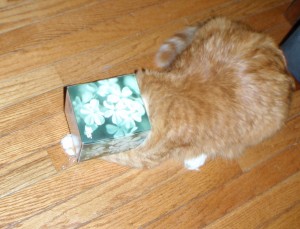Last week was a week of progress, only it wasn’t the adding to the word count kind of progress. Instead, it was a week of removing words, removing whole scenes, to get my WIP back on track. Talk about exhausting!
Writing’s Awesome. Editing Kind of Sucks.
I love writing. Nothing is more exciting than seeing your pages fill with words created by you, seeing your characters come to life, seeing the pictures in your head become reality on the paper. Editing and rewriting, on the other hand, kind of sucks. It means these brilliant scenes have to be reworked or sometimes erased all together. It means those words you thought so hard about, suddenly cease to exist.
Usually when I hit a roadblock, I know that means I went off course somewhere. And I start to find all sorts of other non-writing things I have to do because I know what going off course means. It means you have to find a way to get back on course. And sometimes it is hard to get yourself to go back and painstakingly rework the problems. But I think that is the difference between someone who enjoys writing as a hobby and someone who has chosen to make writing a career. Big words from someone who has yet to submit anything to a publisher and has definitely not made a cent from writing. But all the same, I notice that the writing I did in high school rarely led to serious rewriting. The writing I do now that I am taking my writing seriously, now that I know I have to present my best piece of work if I hope to get a paycheck, involves a lot of thinking and strategizing, and yes, even deleting.
How do you cope with roadblocks? Do you plow through them, or do you go back and try to figure out where you went wrong and, ultimately, fix the mistakes?






